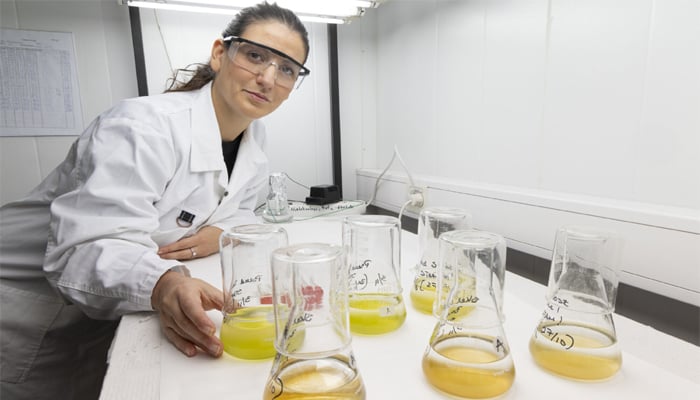
The latest study found that Starch-based bioplastics, usually marketed as sustainable and biodegradable alternatives to petroleum-based plastics, are likely to pose significant health threats.
Researchers who studied the adverse impacts of long-term exposure to bioplastics in mice reported harmful effects on different body organs, gut bacteria, genetic functions, and gut bacteria.
Eco-friendly plastics could pose more risks than expected
“Biodegradable starch-based plastics may not be as safe and health-promoting as originally assumed,” study author Yongfeng Deng stated.
In the three-month study, mice were provided with food and water contaminated with products researchers described as “environmentally relevant” levels of bioplastics. However, control groups didn’t receive any bioplastic exposure.
Researchers discovered plastic-related chemicals in different organs, including liver, ovaries, and intestines of mice who were being exposed.
The harmful chemicals caused organ impairments, affecting metabolic and genetic pathways.
Researchers found significant changes in mice exposed to elevated levels of bioplastics. Disruptions in gut bacteria were associated with a raised risk of cardiovascular disorders and changes in glucose levels.
The researchers requested further investigation to find out potential risks for humans.
Bioplastics, typically known as eco-friendly, can end up in the environment as microplastics and micro-bioplastics, raising concerns regarding their presence in food and water.
Despite their green reputation, they don't degrade safely as claimed and lack strict chemical safety regulations. Over 2.5 million metric tonnes were produced worldwide last year, with production expected to more than double in five years.
















